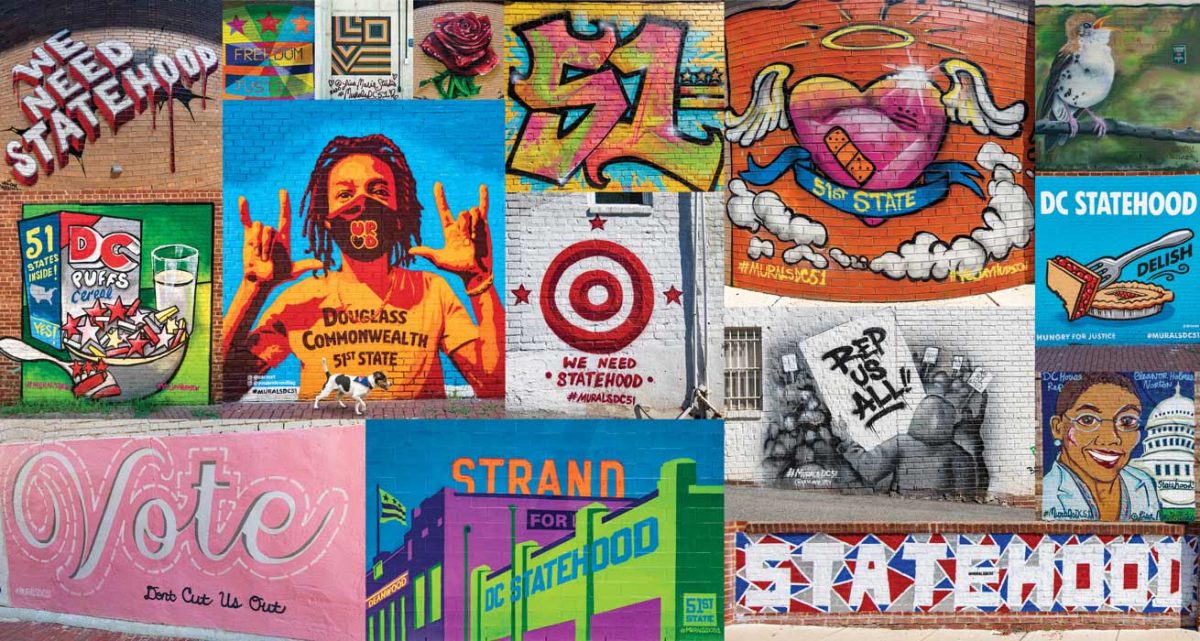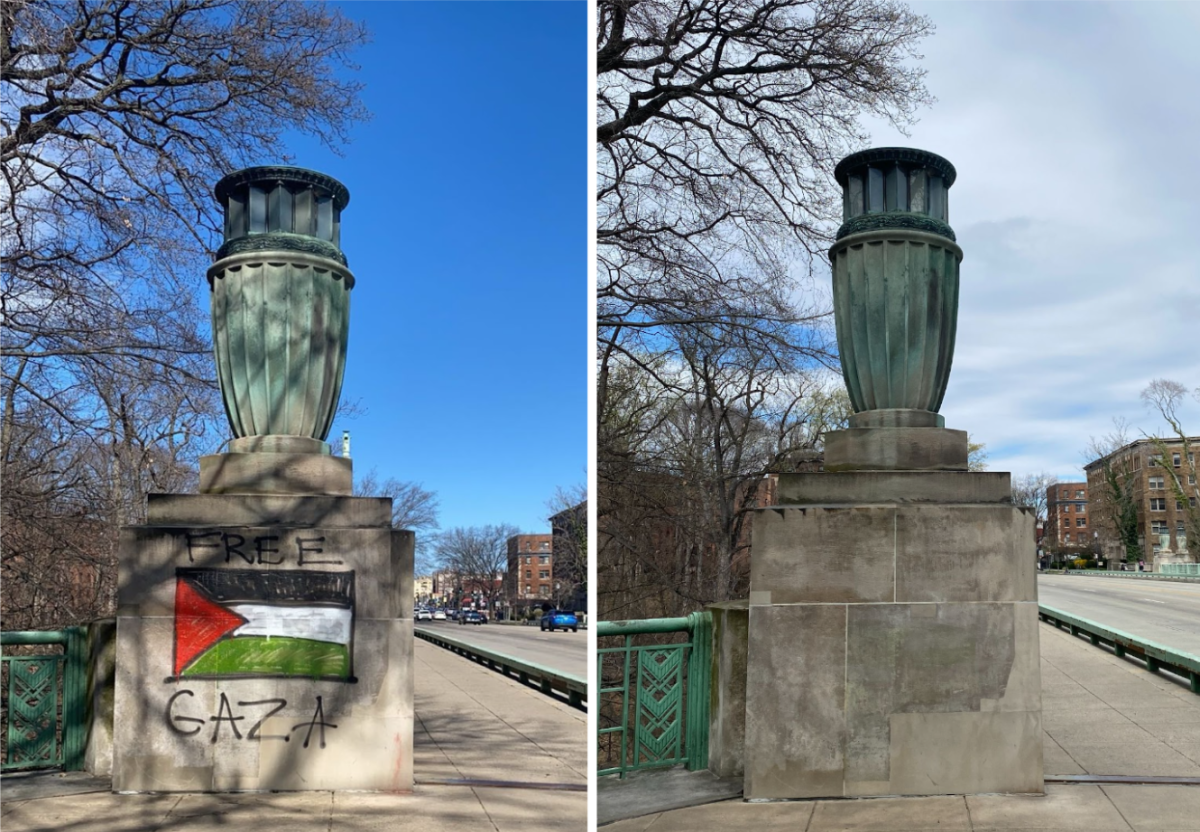Across the city, lawns are scattered with “Statehood for the People of D.C.” signs while cars with “Taxation without Representation” license plates drive by. Amid the D.C. statehood being passed in the House of Representatives, along with the consequent debate in the Senate, many Washingtonians have raised their voices on the issue.
When Washington, D.C. was founded in 1790, it was immediately established to serve solely as the United States capital, justifying its lack of statehood at the time. However, it has taken on a greater significance than just the nation’s capital. Over the last 230 years, its citizens created their own culture in the city.
Although D.C. has a unique identity and rich history, just like the 50 states, D.C. residents don’t enjoy the same rights. Most notably, residents pay more in taxes to the Federal government than 22 states and pay the most taxes per capita, yet receive no votes in Congress.
“As a kid, [I] learned about the American revolution, and one of the core tenants of that was no taxation without representation,” Junior Saul Meyer-Fong said.“I wondered why D.C. people didn’t get to vote even though I knew my parents had to pay taxes.”
The sentiment that Washingtonians do not have adequate representation is widespread among many generations and residents. “It’s interesting because I just moved to D.C… [I thought]‘Oh my gosh, I’m going to lose my representation.’ In my mind, I was giving something up,” IB Economics teacher Elke Gannon said.
These feelings of insufficient representation while still being taxed explain why an overwhelming 86% of D.C. residents encourage governmental approval of D.C. statehood. For example, numbers of COVID-19 vaccines were initially insufficient as the district is considered a territory despite its larger population.
“We haven’t had the advocacy that we need in terms of our representatives advocating for our population or for our area in those types of state-level systems,” Gannon said.
Many residents also take into consideration the political implications of making D.C. a state. 76.36% of Washingtonians are registered Democrats, according to the District of Columbia Board of Elections. If D.C. statehood is passed, the addition of two D.C. senators will allow the Democratic party to increase control of both the House of Representatives and the Senate, the latter of which is currently evenly split between Democrats and Republicans.
“The [Republican] party is trying to cling onto a Senate majority or a strong minority,” Meyer-Fong said. “Having the voices of people played with as political pawns is unfair and it shouldn’t continue.”
Ultimately, the battle for statehood in Washington is far from over. Meyer-Fong weighed in on the long-term arguments for D.C. statehood, explaining that it is un-American. “If you want to stick to the core ideas that America was founded on, I think that D.C. statehood is a must… just because a certain party in Congress thinks D.C. is partisan doesn’t mean we shouldn’t get statehood.”
By Camila Levey and Alexander Danielyan

































































